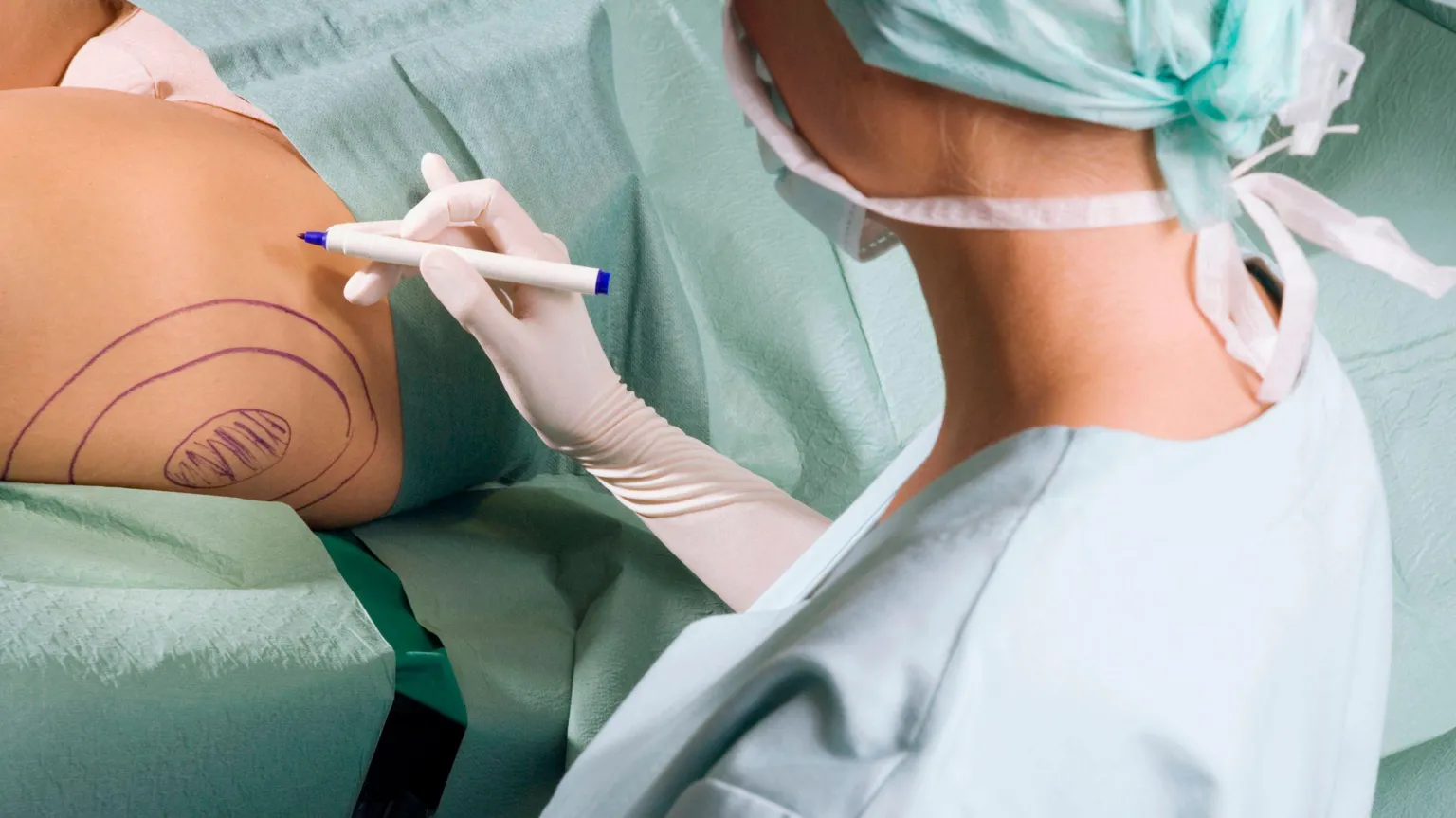Preparing for liposuction surgery in Riyadh, like any surgical procedure, involves a series of crucial steps designed to ensure your safety, optimize the results, and facilitate a smooth recovery. Your plastic surgeon and their team will provide detailed pre-operative instructions, but here's a general guide on what to expect and how to prepare:

1. The Crucial Consultation and Medical Evaluation:
- Detailed Discussion: Your journey begins with an in-depth consultation with a board-certified plastic surgeon in Riyadh. This is where you'll discuss your aesthetic goals, medical history, current medications, and any allergies. Be completely transparent about your health.
- Physical Examination and Assessment: The surgeon will physically examine the areas you wish to treat, assess your skin elasticity, and determine if you are a suitable candidate. They may mark the treatment areas and take pre-operative photos.
- Realistic Expectations: The surgeon will explain what liposuction can realistically achieve and its limitations. It's vital to have a clear understanding that liposuction is a body contouring procedure, not a weight-loss solution.
- Medical Tests: You will undergo a comprehensive medical evaluation, which typically includes blood tests (e.g., blood count, clotting factors, blood sugar, kidney function), and potentially an ECG (especially for patients over 50) to ensure you are in good health for surgery. Some clinics might also require clearance from your primary physician if you have underlying health conditions.
2. Medications and Supplements:
- Avoid Blood Thinners: This is one of the most critical instructions. You will need to stop taking any medications or supplements that can thin your blood at least one to two weeks before your surgery. These include:
- Aspirin and NSAIDs: (Non-Steroidal Anti-Inflammatory Drugs) like Ibuprofen (Advil, Motrin), Naproxen (Aleve).
- Herbal Supplements: Such as Ginkgo Biloba, Ginseng, Garlic supplements, Feverfew, Vitamin E, and Omega-3 fatty acids/fish oil, as they can increase bleeding and bruising.
- Certain Prescription Medications: Discuss all your prescription medications with your surgeon. They will advise you if any need to be paused or adjusted.
- Inform Your Surgeon: Always inform your surgeon about all medications (prescription and over-the-counter), vitamins, and herbal supplements you are taking.
- Prescribed Medications: Your surgeon may prescribe certain medications to start before surgery, such as antibiotics, to prevent infection. Ensure you pick these up in advance.
3. Smoking and Alcohol:
- Quit Smoking: Smoking significantly impairs blood circulation, slows down the healing process, and increases the risk of complications (e.g., poor wound healing, infection, skin necrosis). You will be advised to stop smoking at least 2-6 weeks before your surgery and remain smoke-free during your recovery. Some surgeons recommend even longer.
- Avoid Alcohol: Alcohol can thin the blood and interfere with anesthesia. You should avoid alcohol consumption for at least 1-2 weeks before your surgery.
4. Diet and Hydration:
- Healthy, Balanced Diet: Focus on a nutritious, balanced diet in the weeks leading up to surgery. This helps optimize your overall health and supports your body's healing capabilities. Include plenty of fruits, vegetables, lean proteins, and whole grains.
- Stay Hydrated: Drink plenty of water in the days leading up to your surgery. Good hydration is essential for your body's functions and recovery.
- Fasting Instructions: You will receive specific instructions regarding fasting before your surgery. This typically means no food or drink (including water) for a certain number of hours (e.g., 6-8 hours) before the procedure, especially if general anesthesia is used. This is crucial to prevent complications like aspiration during anesthesia.
5. Practical Preparations:
- Arrange for Assistance: You will need someone to drive you home after the surgery and ideally stay with you for the first 24-48 hours, as you will likely be drowsy and uncomfortable.
- Prepare Your Recovery Area: Set up a comfortable recovery space at home. Have pillows, blankets, entertainment (books, TV), and any necessary medications easily accessible.
- Comfortable Clothing: Wear loose-fitting, comfortable clothing on the day of surgery, as you will likely be swollen and wearing a compression garment afterward. Dark-colored clothes are advisable in case of any fluid leakage.
- Personal Hygiene: On the day of surgery, shower with antibacterial soap if instructed, but avoid applying any lotions, creams, deodorants, perfumes, or makeup to the treatment areas. Remove all jewelry and piercings.
- Follow Specific Instructions: Adhere strictly to all pre-operative instructions provided by your surgeon and clinic. These instructions are tailored to your specific case and are critical for a safe and successful outcome.
- Ask Questions: If you have any concerns or questions at any point before your surgery, do not hesitate to contact your surgeon's office. It's better to be overly cautious and fully informed.
By diligently following these preparation guidelines, you can significantly contribute to a safe, effective, and positive liposuction experience in Riyadh.

